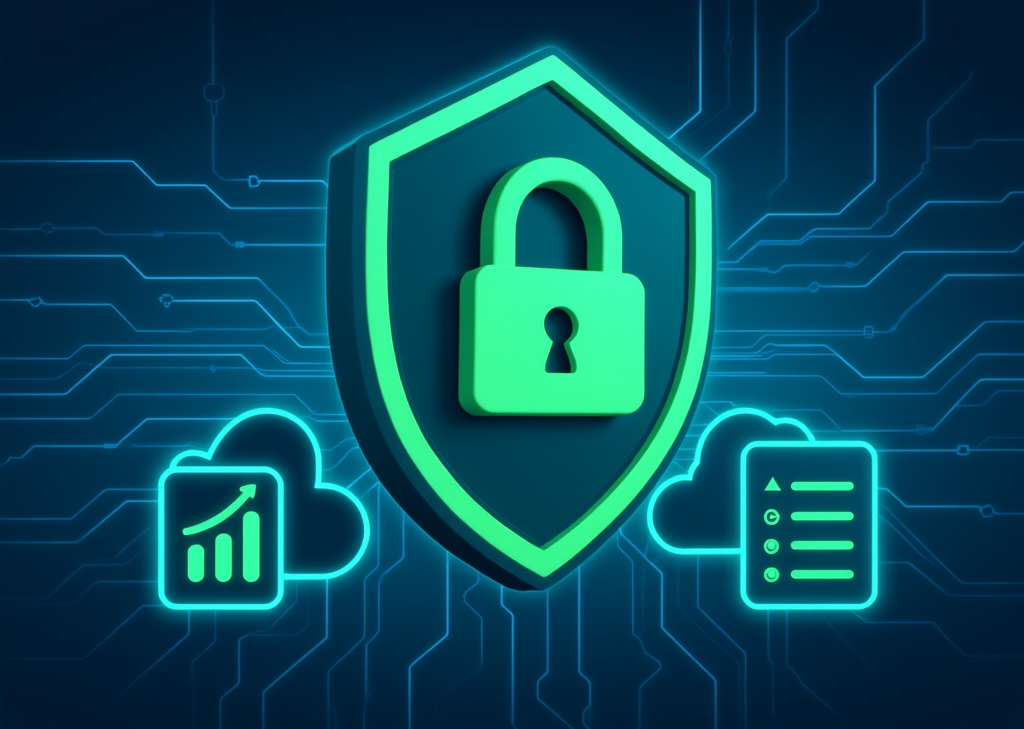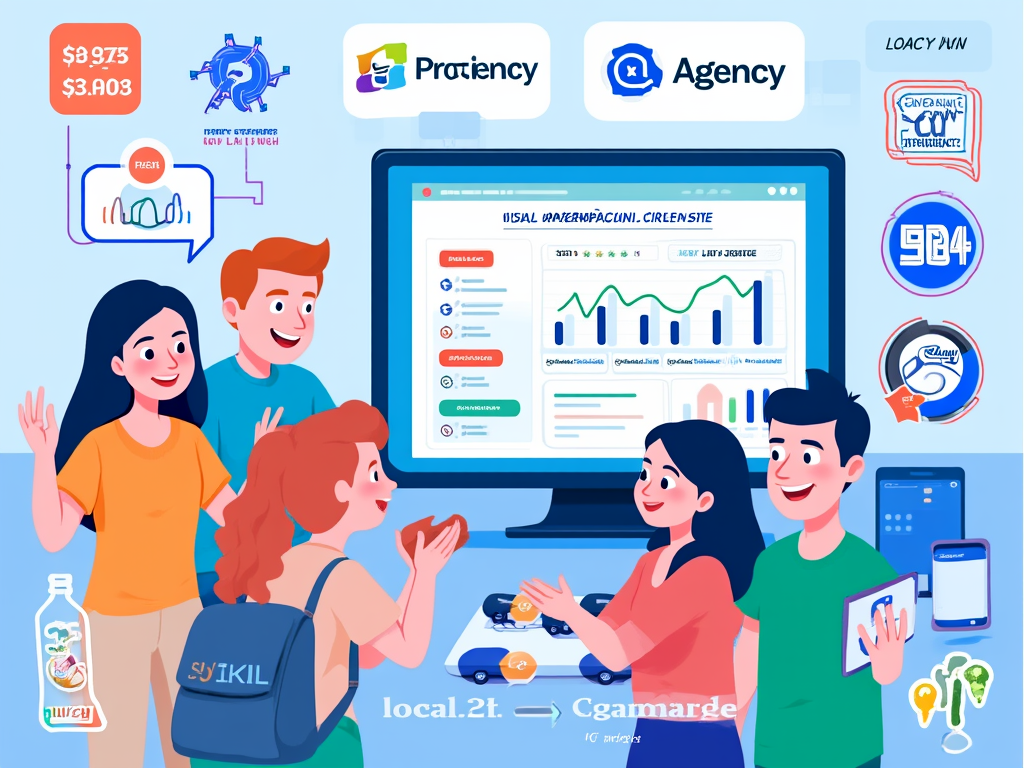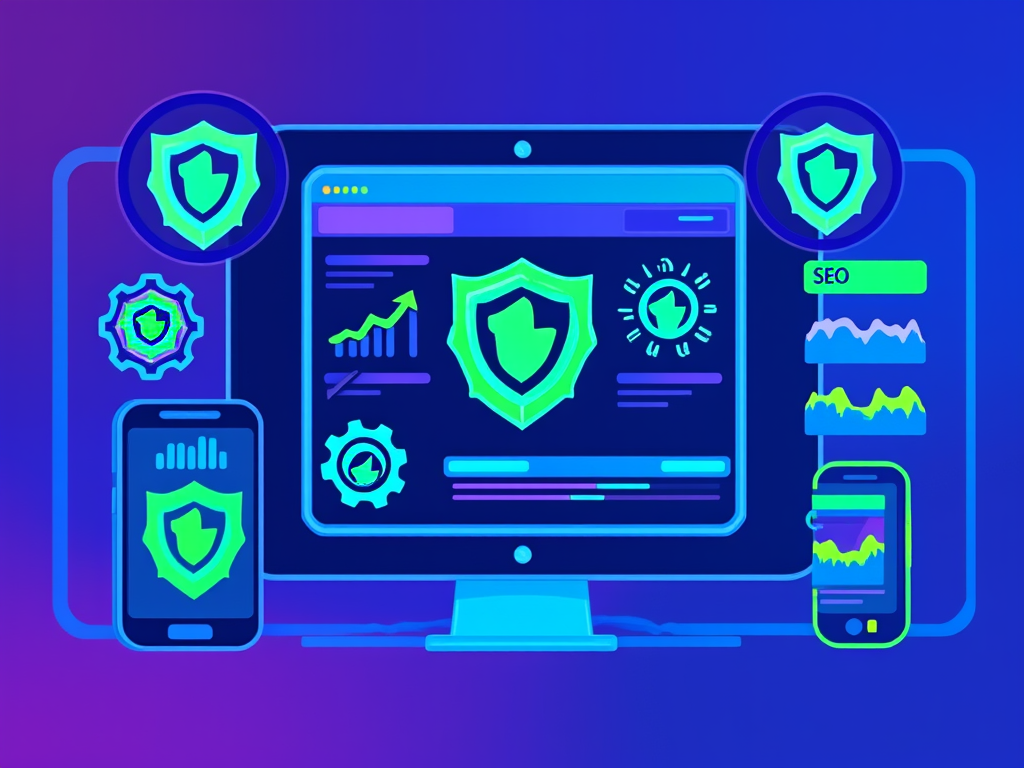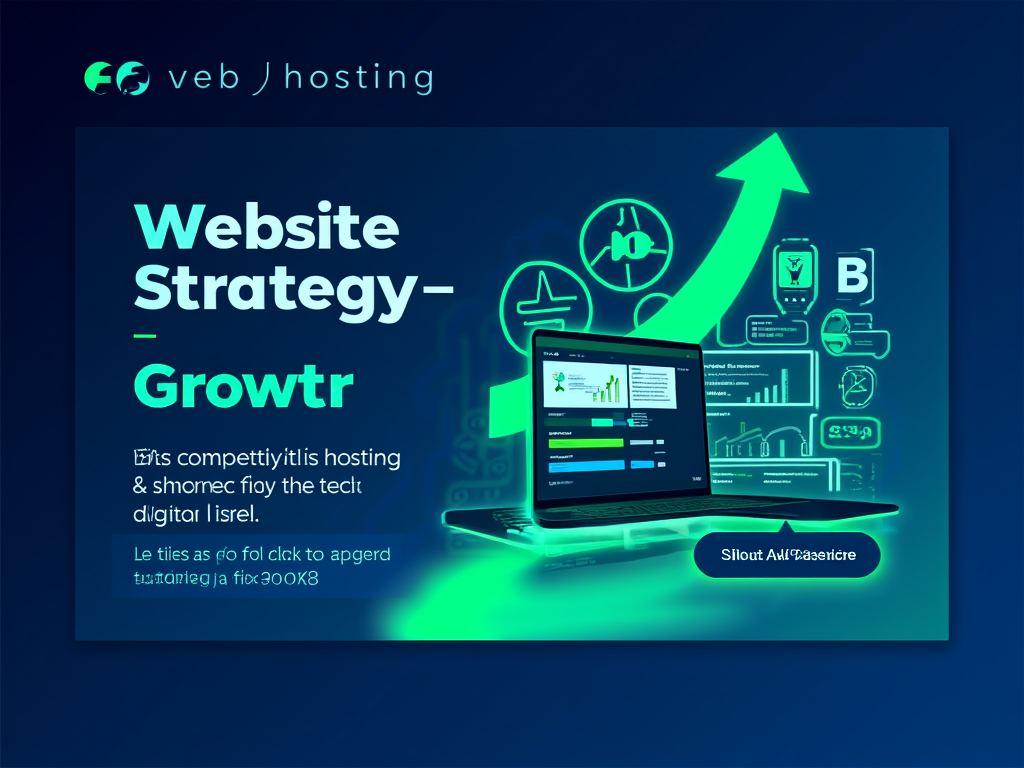Why regular hosting security audits are essential
Introduction
Imagine waking up one day to find your website has been hijacked. Your customers’ personal and payment information compromised overnight like a thief slipping through the cracks of a neglected door. Regular hosting security audits are your first line of defense, a proactive measure ensuring that your digital fortress remains impregnable against an array of cyber threats. These are not just routine checkups; they’re deep dives into the very architecture of your hosting environment, preserving the trust you've built with your clients while maintaining the integrity of your digital operations.
1. Identifying vulnerabilities and risks in hosting environments
Your hosting platform is akin to a castle, and like every fortress, it has weak spots. Recognizing these vulnerabilities isn’t merely advisable; it’s crucial. Regular security audits act as vigilant sentinels, scanning for weaknesses that could lead to devastating breaches.
- Comprehensive vulnerability detection: Combining automated tools with manual assessments, these audits unveil lurking threats—those glaringly obvious ones that automation misses, and the subtle dangers hidden in your system’s shadows.
- Risk mapping: Each asset is sorted by its importance and vulnerability level, which means your focus can shift to what matters most, like guarding the treasury rather than worrying about a broken drawbridge.
- Prevention of unauthorized access: By examining current access controls, audits help expose loopholes that would allow unwelcome guests into your kingdom.
Visualize a web hosting provider finishing its quarterly audits and discovering a misconfigured firewall, which inadvertently opened up the administrative ports to the entire internet. Their action? Closing this precarious gap before the attackers even begin to strategize.
2. Ensuring compliance with industry regulations
For many organizations, compliance is not just a box to check; it’s an ongoing obligation. Regulatory frameworks such as HIPAA, PCI-DSS, and GDPR lay specific foundations around data protection that, if skirted, can result in dire consequences.
- Regulatory alignment: Audits ensure your security posture conforms to industry regulations, which involves meticulous document reviews, rigorous policy evaluations, and continuous monitoring of controls.
- Reducing risk of costly fines: Catching compliance issues early is like finding treasure before the pirates do—it saves time, money, and reputational capital.
- Preparedness for regulatory scrutiny: The meticulous documentation generated during these audits stands as a testament to your due diligence when regulatory bodies come knocking.
Take, for example, an e-commerce site that handles millions of payment card transactions. Regular audits to uphold PCI-DSS compliance are not just advisable; they’re the differentiating factor that keeps your customers’ trust intact.
3. Improving security posture and business continuity
Security isn’t static; it’s a living, breathing entity that evolves with each cyber threat. Regular audits play a pivotal role in fortifying this resilience.
- Security gap identification: They expose outdated practices, from expired software to insufficient employee training—issues that, like fast-spreading weeds, can overtake even the most carefully manicured garden.
- Continuous improvement: With actionable insights from audits, organizations can incrementally tighten their security controls, adapting to new threats and ensuring their teams are well-equipped to handle potential breaches.
- Threat detection and response: Audits involve sifting through system logs and network traffic, spotting unusual activities that could signal an impending attack, offering teams vital early warnings.
- Business continuity assurance: Should cyber threats materialize, regular audits ensure that you're not just prepared for the battlefield but also armed with strategies to maintain functionality amid chaos.
Research suggests that organizations facilitating regular audits can reduce their chances of experiencing severe data breaches by a staggering margin.
4. Building customer trust and competitive advantage
Imagine walking into a store that’s visibly secure—cameras, guards, and transparency in security measures all around. This ambiance of safety can be replicated online through consistent security audits, fostering an environment where customers feel protected.
- Customer confidence: When clients see your commitment to security through published audit results, they feel comfortable entrusting their data to you.
- Competitive differentiation: In the fiercely competitive fields of finance and healthcare, organizations that flaunt robust security measures backed by regular audits attract more clients.
- Insurance benefits: Many insurance providers recognize the diligence shown through regular audits, leading to potential reductions in premiums due to lowered risk.
Imagine a hosting service that proudly displays its quarterly security audits and detailed security protocols; this transparency positions it as a preferred choice for discerning clients concerned about privacy.
Conclusion
Regular hosting security audits are indispensable for detecting and mitigating vulnerabilities, ensuring compliance, strengthening defenses, and fostering customer trust. Organizations should implement a scheduled audit program—including automated scans, manual reviews, and documented remediation plans—to proactively reduce risks and protect their digital assets. Prioritizing audits transforms security from reactive firefighting to strategic resilience, securing business continuity and reputation now and into the future.
FINDDOMAIN.GE (Internet services LLC) is a very interesting and rapidly developing IT company. The main directions are: web development, domain and web hosting. It also offers clients sub-services and outsourcing related to the main services.
BEST OFFERS:
Do you want to create your own company website or create your own online business on the Internet?
– WEB HOSTING
– DOMAIN REGISTRATION
– WEB DEVELOPMENT
– SITE BUILDER



5. Streamlining the Audit Process
As organizations invest resources into security audits, it’s vital to streamline the process to maximize efficiency and effectiveness. A structured approach not only enhances the depth of the audit but also ensures that teams can track progress over time.
- Establish a clear audit framework: Outline specific criteria for each audit, detailing scope, objectives, and tools used. By having a defined framework, audit teams can remain focused and organized throughout their assessment.
- Integrate automation tools: Leveraging advanced tools for vulnerability scanning and compliance checks reduces manual workload and increases the speed of audits, allowing your IT teams to focus on high-priority threats.
- Foster a culture of security awareness: Ongoing training for all employees makes them a crucial part of your security strategy. Regular workshops and updates on how new threats materialize can create a vigilant workforce that actively contributes to the overall security.
By incorporating these strategies, many businesses report smoother, more productive audit processes. They find themselves not just recovering from threats, but preventing future issues before they arise.
6. Cultivating an Adaptive Security Strategy
The cybersecurity landscape is ever-evolving, characterized by new tactics that hackers develop to breach defenses. Thus, adaptability becomes a cornerstone of any effective security strategy.
- Continuous monitoring: Beyond regular audits, active surveillance of your hosting environment allows organizations to identify abnormalities in real-time, offering the ability to respond swiftly. This vigilance is akin to having a watchtower keep an eye on intruders.
- Incident response plans: Every organization should have detailed, rehearsed protocols in place for handling security breaches. Knowing precisely who does what, and when, turns chaos into a controlled operation, preserving essential business functions and mitigating damage.
- Review and update policies regularly: Just as hackers adapt their strategies, so too should your security policies. Conduct annual reviews of security protocols that incorporate lessons learned from past incidents and emerging threats.
In this dynamic field, those who rest on their laurels risk becoming the next victim. An adaptive security strategy is about maintaining a proactive stance to minimize exposure.
7. The Role of Third-Party Security Assessments
While internal teams are essential to your security landscape, bringing in external experts can provide an objective and fresh perspective. Third-party security assessments not only validate internal audit findings but also uncover blind spots that might have been overlooked.
- Independent verification: External experts can conduct thorough evaluations, often revealing discrepancies that internal teams might unintentionally miss due to routine familiarity with their systems.
- Benchmarking against industry standards: External auditors are typically well-versed in compliance landscapes and can provide insights into where you stand compared to your industry peers, guiding your strategic planning going forward.
- Specialized expertise: Third-party assessors can also offer insights into the latest tools and techniques that might be beneficial for your specific environment, enhancing your overall security posture.
Hiring reputable external auditors can bolster your credibility, showcasing your commitment to security to clients while reinforcing your defenses.
8. The Path Forward: A Commitment to Continuous Improvement
As businesses evolve, so should their security measures. Taking an honest inventory of your current practices sets the foundation for future developments. Consider these steps:
- Leverage data from audits: Utilize insights from past audits to create a roadmap for security improvements. Understanding recurrent issues can help focus your next steps strategically.
- Engage in community knowledge-sharing: Participate in forums and groups where cybersecurity professionals exchange experiences. This fosters an environment where everyone learns from each other’s challenges and triumphs.
- Invest in innovation: Technology does not stand still; neither should your security approach. Allocate resources to cutting-edge tools that enhance both efficiency and effectiveness.
In the world of cybersecurity, continuous improvement isn’t just a best practice—it’s the lifeblood of resilience. By fostering a culture of vigilance and adapting to changing threats, organizations can navigate through uncertainty and build a secure future for their digital assets.
Video Resources
To enhance your understanding of hosting security audits, check out these informative video links:
- Understanding Hosting Security Audits
- How to Conduct a Security Audit
- Common Vulnerabilities in Hosting Environments
These resources provide valuable insights and practical tips for implementing and improving your hosting security audits.
References
- Comprehensive Guide to Cybersecurity Audits
- Vulnerability Management Best Practices
- Understanding Compliance Standards in IT
- Enhancing Your Business Resilience with Security Audits
- Continuous Improvement in Cybersecurity
FINDDOMAIN.GE (Internet services LLC) is a very interesting and rapidly developing IT company. The main directions are: web development, domain and web hosting. It also offers clients sub-services and outsourcing related to the main services.
BEST OFFERS:
Do you want to create your own company website or create your own online business on the Internet?
– WEB HOSTING
– DOMAIN REGISTRATION
– WEB DEVELOPMENT
– SITE BUILDER






![Top Web Design Company in [Your City] for Small Businesses](https://besthosting.ge/wp-content/uploads/2025/08/top-web-design-company-in-your-city-for-small-businesses.jpg)

